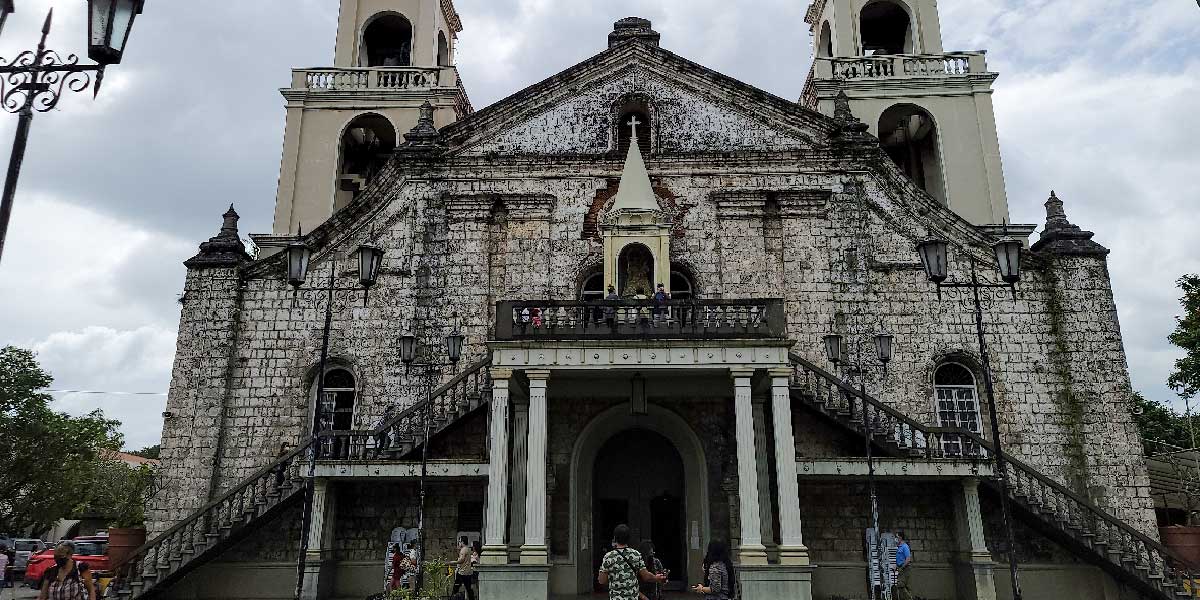By Michael Henry Yusingco, LL.M
Social media was abuzz with criticisms of President Bongbong Marcos’ much ballyhooed official visit to the United States. Most complaints were about him traveling abroad while the country faced serious and urgent problems.
The fact is, as our top diplomat, part of the president’s work is to maintain strong relations with other state leaders. And given how global cooperation is massively important these days, it would simply be unwise to reject an invite for an official visit.
But it is also a fact that domestic concerns such as the airport mess, the water crisis, the oil spills, and probably any problem that we can think of, fall under the umbrella of presidential responsibility.
Notably, the preeminence of our president in the governance of our country is by design. In fact, our constitutional history shows that this hyper-presidentialism has been emblematic of our government structure since becoming an independent nation-state.
The Constitutional Convention that drafted the 1935 Constitution was overtly partial to the American constitutional structure. Hence, many scholars have wondered about the decision to adopt a unitary form of government instead of a federal arrangement akin to the United States.
Of course, the adoption of a unitary structure for the new independent republic was basically part of a broader scheme being instigated by Filipino leaders at that time. This deviation was purposely designed to establish an extremely strong executive branch. Sadly, this move has given rise to a constitutional order that allows governance of the entire country to be overly reliant on the very person residing in Malacañang Palace.
The bitter irony here is that those terrible years under the Marcos Sr. dictatorship should have jolted the collective heads of the 1986 Constitutional Commission to change course and avoid the folly of giving too much power to a single human being. And yet the 1987 Constitution still did exactly that.
Consider first Article VII, Section 1 on the Executive Department which states that, “The executive power shall be vested in the President of the Philippines.” Then read this in conjunction with Section 17 which provides that, “The President shall have control of all the executive departments, bureaus, and offices. He shall ensure that the laws be faithfully executed.”
For contrast, let us look at South Korea’s executive structure in its charter. Article 66 (4) of the Constitution of the Republic of Korea explicitly provides that “Executive power shall be vested in the Executive Branch headed by the President.” The other members of the Executive Branch are the Prime Minister (see Article 86) and the Supreme Council (see Article 88).
The most notable difference in the South Korean model is that executive power is given to an institution and not to a person. Note that it is vested in the “Executive Branch” whereas in our case, it is vested in the “President of the Philippines”.
Our constitution thus gave rise to the “single executive” doctrine which means that all the heads of the various executive departments are assistants and agents of the President. And correspondingly, the acts of the Secretaries of such departments, performed and promulgated in the regular course of business, are presumptively the acts of the Chief Executive, unless expressly disapproved or reprobated by him or her. (See Carpio vs. Executive Secretary, G.R. No. 96409, February 14, 1992) Hence, it was completely unnecessary for President Marcos, Jr. to designate himself Secretary of Agriculture.
From this notion of a “single executive” evolved the “pleasuring the President” dogma, which fundamentally means that presidential appointees in the executive branch (particularly Department Secretaries) hold their posts at the complete sufferance of their boss. This legal principle has become a chronically abused excuse to cling on a little bit more to one’s office. In most cases, much to the displeasure of the public.
However, the most objectionable aspect of this “privilege” within the executive branch is that it allows cabinet secretaries and other officials of similar stature, indeed the very people tasked to manage public interest portfolios, to deflect demands of accountability.
By allowing them to assert the prerogative of pleasuring the President first and foremost, they are in effect relieved of the obligation to justify their actions (or inaction) to the people. This is of course an absolute travesty because a public office is a public trust. Meaning, all public officials, including the President, serve at our pleasure above all else!
And for this very reason, political accommodation appointees are probably the foulest unintended consequence of the single executive doctrine. They do not bring added value to executive governance but simply add more burden to taxpayers. In any case, the motivation to be more critical and exacting with presidential appointees must never waver.
In fact, the vetting process should start as early as the presidential elections. Voters should demand all presidential candidates to reveal names of potential cabinet members. Their calculations should consider the persons these candidates associate with both at the personal and political spheres.
The reality is Malacañang’s strong influence in all matters of government can only be reversed by revising the 1987 Constitution. Indeed, to simply say that the constitution is not the cause of our political and economic woes, is utterly irresponsible.
As demonstrated here, it is the imperial presidency design in our charter that fosters political patronage in government. And it is precisely this culture which allows graft and corruption to thrive.
Moreover, to put the blame squarely on rampant graft and corruption in government does not necessarily have to mean keeping the 1987 Constitution as it is. Constitutional reform deserves serious consideration because it can actually address the very root cause of this fundamental problem.




















